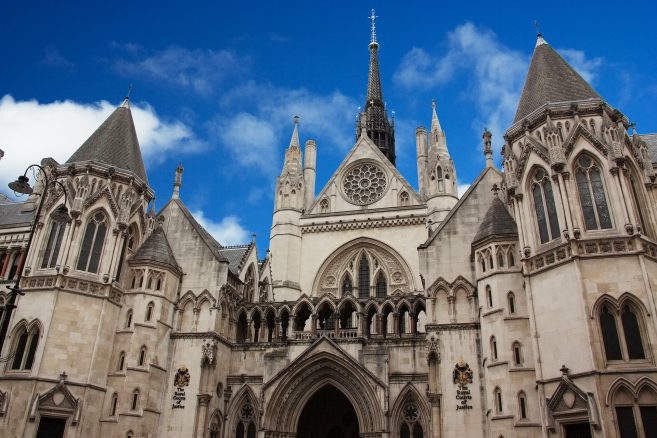Last year I wrote about remoteness of loss and the SAAMCO principle. In summary, the SAAMCO principle affects the recovery of damages in a professional negligence case. It limits recoverable damages to losses which the relevant professional has actually assumed responsibility for. A recent interesting example of the SAAMCO principle in action is the case of Manchester Building Society -v- Grant Thornton UK LLP [2018], which I will examine in this article.
Background
The background to this case concerns accounting advice provided by the Defendant to Manchester Building Society (MBS). MBS, amongst its other business, was a provider of mortgages to various borrowers. Some of these mortgages were expressed as lifetime mortgages; MBS received no payments until the owner died or left the property. MBS decided to hedge the interest rates. Under industry rules MBS was required to note the hedging on its balance sheet, which would indicate for volatility. The Defendant advised MBS that it could employ hedge accounting to limit the balance sheet volatility. This turned out to be negligent advice as hedge accounting was not appropriate for use by a building society in this scenario.
From 2008, interest rates started to drop significantly, and MBS suffered significant losses due to its hedging and interest rate swaps. To make matters worse, in 2013 they were finally informed that hedge accounting could not be used, and once recalculated, their accounts indicated significant losses. To rectify the situation, MBS decided to close out the swaps, which caused them a loss of £48.5 million. MBS sought to hold the Defendant accountants liable for that loss.
The decision
In many senses the trial went very badly for the Defendant accountants. The Trial Judge decided that the Defendants had acted negligently; that any reasonable and competent accountants would have advised MBS that hedge accounting was not appropriate. The Judge also directly linked the losses that MBS had suffered to that advice by the Defendants. Notably, the Judge decided that if the accountants had not provided their negligent advice then MBS would not have entered into any further interest rate swaps. It would have terminated them at that point, thereby limiting their losses to how matters stood in 2008.
Despite this however, the Judge found that the losses were not recoverable against the Defendant due to the SAAMCO principle. Fundamentally, the accountants had not assumed responsibility for the losses. The Judge considered that it would be a “striking conclusion” to decide that “an accountant who advises a client as to the manner in which its business activities may be treated in its account has assumed responsibility for the financial consequences of those business activities”.
The situation therefore was very similar to that faced by the valuers in the original SAAMCO case. Although they had provided negligent advice that, when followed, had caused their client significant loss, they had not accepted responsibility for what their clients did with the advice. Therefore, the court could not hold them liable for it.
Conclusion
This case is a useful a reminder of the application of the SAAMCO principle. It demonstrates the effectiveness of attempts by professionals to limit the scope of their retainer and liability for losses that could be caused by their negligence. It is also a timely reminder of the effect of the remoteness principle and that the courts will not entertain claims for cascading loss.
If you have a claim against an accountant, or any other professional, we can help. Contact our professional negligence team today on 0800 988 7756 for a FREE initial consultation.





